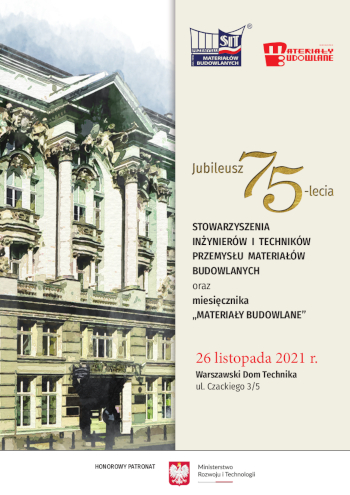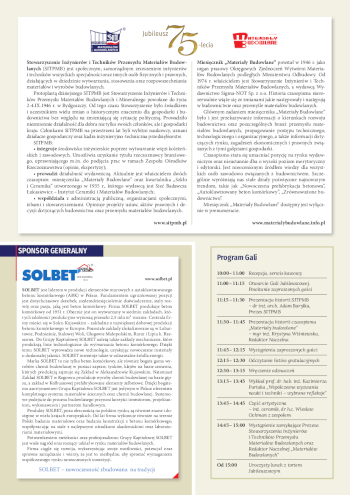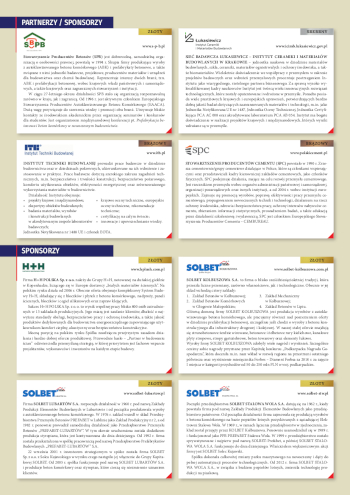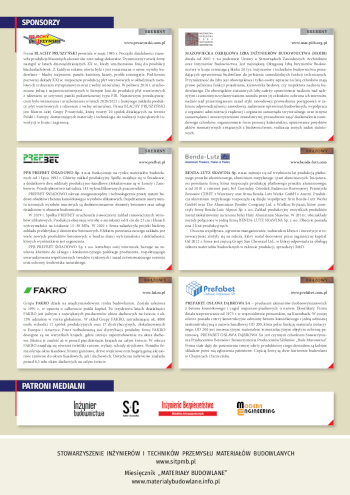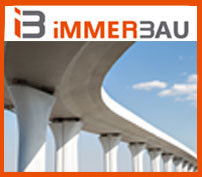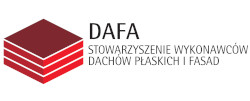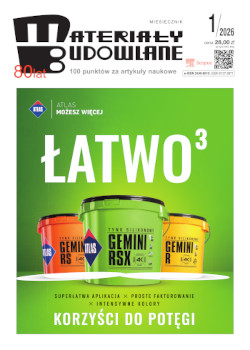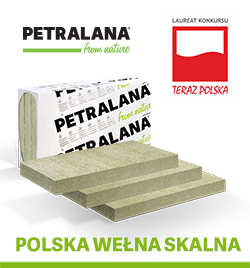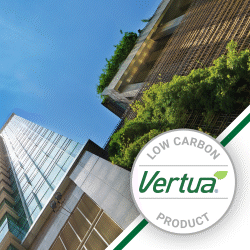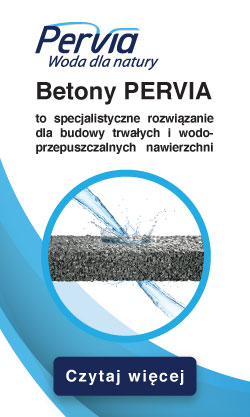Wpływ skrępowania tafli szklanej na rozwój pęknięć termicznych
Open Access (Artykuł w pliku PDF)
citation/cytuj: Gierczak J., Ignatowicz R. L. Effect of glass sheet restraint on the development of thermal cracks. Materiały Budowlane. 2025. Volume 634. Issue 06. Pages 20-32. DOI: 10.15199/33.2025.06.03
dr inż. Jan Gierczak, Politechnika Wrocławska, Wydział Budownictwa Lądowego i Wodnego
ORCID: 0000‑0003‑3219‑18441
dr inż. Rajmund Leszek Ignatowicz, Politechnika Wrocławska, Wydział Budownictwa Lądowego i Wodnego
ORCID: 0000‑0003‑3663‑0170
Correspondence address: Ten adres pocztowy jest chroniony przed spamowaniem. Aby go zobaczyć, konieczne jest włączenie w przeglądarce obsługi JavaScript.
DOI: 10.15199/33.2025.06.03
Case study / Studium przypadku
Summary: The article presents the background and issues related to the formation of cracks in glass sheets resulting from the restraint of thermal deformations. A method and calculation methodology for determining stresses induced by thermal strain in glass sheets, considering restraint from the surrounding substructure, are proposed and applied to a real‑world case study. Based on an on‑site inspection, numerical simulations incorporated the installed elements. The analysis results for the case are summarised and concluded with key findings.
Keywords: glass sheets; glass sheets bonding; thermal deformation; deformation restraint.
Streszczenie: W artykule przedstawiono genezę oraz problematykę powstawania pęknięć tafli szklanych w wyniku skrępowania odkształceń termicznych. Zaproponowano sposób i metodę obliczania naprężeń powstałych w wyniku odkształceń termicznych w taflach szklanych z uwzględnieniem skrępowania przez otaczającą podkonstrukcję na przykładzie rzeczywistym. Na podstawie przeprowadzonych oględzin wykonano symulacje numeryczne z uwzględnieniem rzeczywistych wbudowanych elementów. Wyniki analiz omawianego przypadku podsumowano i zakończono wnioskami.
Słowa kluczowe: tafle szklane; klejenie tafli szklanych; odkształcenia termiczne; skrępowanie odkształceń.
Literature
[1] Kasper R, Pieplow K, Feldmann M. Beispiele zur Bemessung von Glasbauteilen nach DIN 18008. 1rd ed. Berlin: Ernst & Sohn; 2016.
[2] Gwóźdź M. Konstrukcje szklane i aluminiowo-szklane. Kraków: Wydawnictwo PK; 2020.
[3] Haldimann M, Luible A, Overend M. Structural use of glass. Structural engineering documents. No.10. Zürich: International Association for Bridge and Structural Engineering; 2008.
[4] Jóźwik A. Introduction to structural design of glass according to current European standards. Archives of civil engineering. 2022; Vol. 68 No.2: 147‒170.
[5] Adams R., Comyn J., Wake W. Structural adhesive joints in engineering. 2 rd ed. London: Springer; 1997.
[6] ETAG 002, 2012, Guideline for European Technical Approval for Structural Sealant Glazing Systems (SSGS);
[7] RFEM 5 – RF Glass, Licencja komercyjna: Jan Gierczak.
[8] SOFiSTiK 2025, Licencja komercyjna: Rajmund Ignatowicz.
[9] Kozłowski M, Kuśnierz A, Kosmal A. Szkło budowlane. Wydanie I. Warszawa: PWN; 2022.
[10] DIN 18008-1, 2020-05, Glass in building – Design and construction rules – Part 1: Terms and general bases;
[11] DIN 18008-2, 2020-05, Glass in building – Design and construction rules – Part 2: Linearly supported glazing;
[12] DIN 18008-3, 2013-07, Glass in building – Design and construction rules – Part 3: Point‑fixed glazing;
[13] DIN 18008-4, 2013-07, Glass in building – Design and construction rules – Part 4: Additional requirements for barrier glazing;
[14] DIN 18008-5, 2013-07, Glass in building – Design and construction rules – Part 5: Additional requirements for walk‑on glazing;
[15] DIN 18008-6, 2018-02, Glass in building – Design and construction rules – Part 6: Additional requirements for accessible glazing in case of maintenance procedures and for fall‑through glazing;
[16] DIN EN 13022, 2014, Glass in Building – Structural Sealant Glazing;
[17] DIN EN 16612, 2019-12, Glass in building – Determination of the lateral load resistance of glass panes by calculation;
[18] EN 572-1: A1, 2016, Glass in building – Basic soda lime silicate glass products – Part 1: Definitions and general physical and mechanical properties.
[19] EN 1863‒1, 2011, Glass in building – Heat strengthened soda lime silicate glass – Part 1: Definition and description;
[20] EN 12150-1, 2019, Glass in building – Thermally toughened soda lime silicate safety glass – Part 1: Definition and description;
[21] Cwyl M. Specyfika połączeń fasad metalowo-szklanych i metody analizy. Świat Szkła.2008;05.
[22] Leitlinie für die europäische technische Zulassung für geklebte Glaskonstruktionen. Brükssel: EOTA – EOTA, 1998.
[23] Stamm K, Witte H. Sandwichkonstruktionen – Berechnung, Fertigung, Ausführung. Wien: Springer; 1974.
Received: 03.02.2025 / Artykuł wpłynął do redakcji: 03.02.2025 r.
Revised: 17.03.2025 / Otrzymano poprawiony po recenzjach: 17.03.2025 r.
Published: 24.06.2025 / Opublikowano: 24.06.2025 r.
Materiały Budowlane 06/2025, strona 20-32 (spis treści >>)





